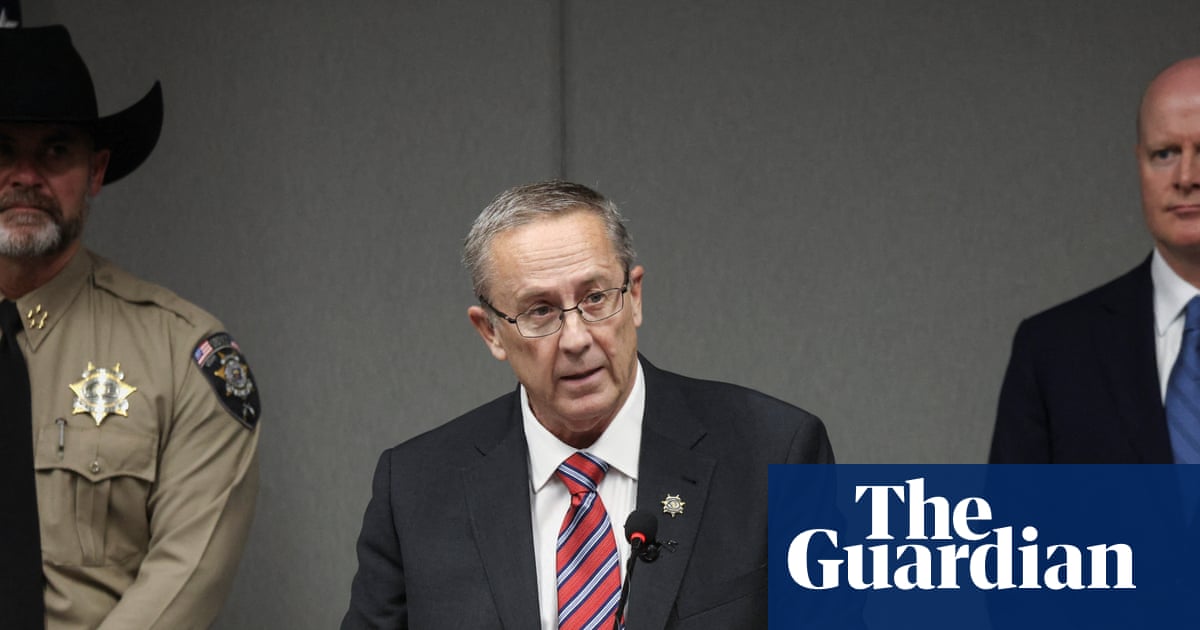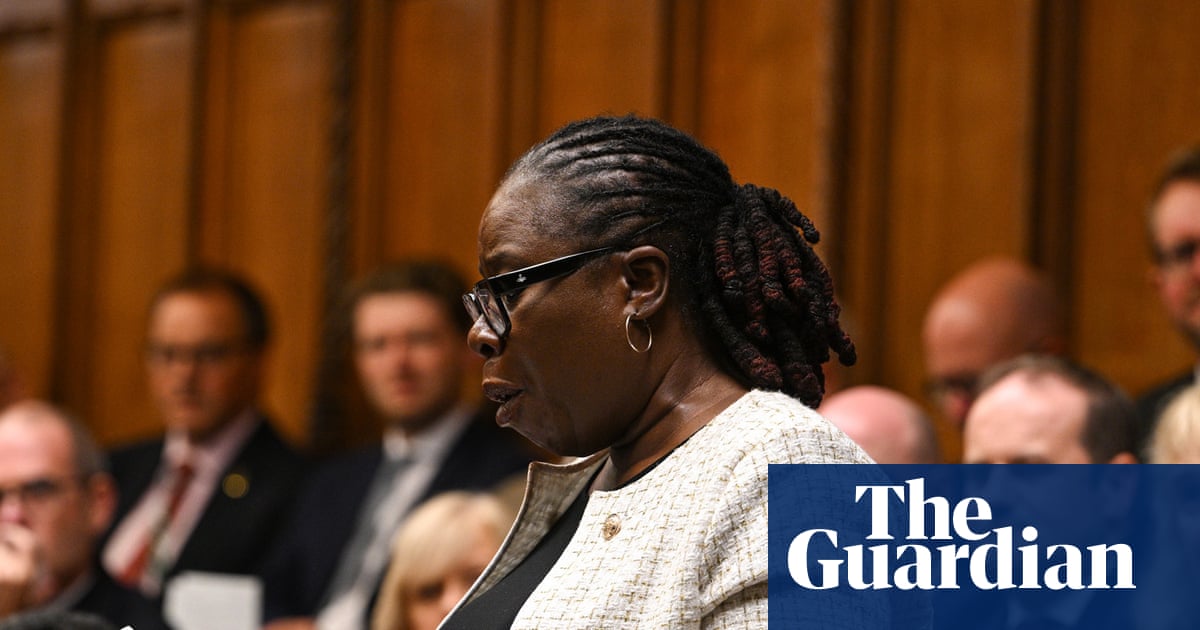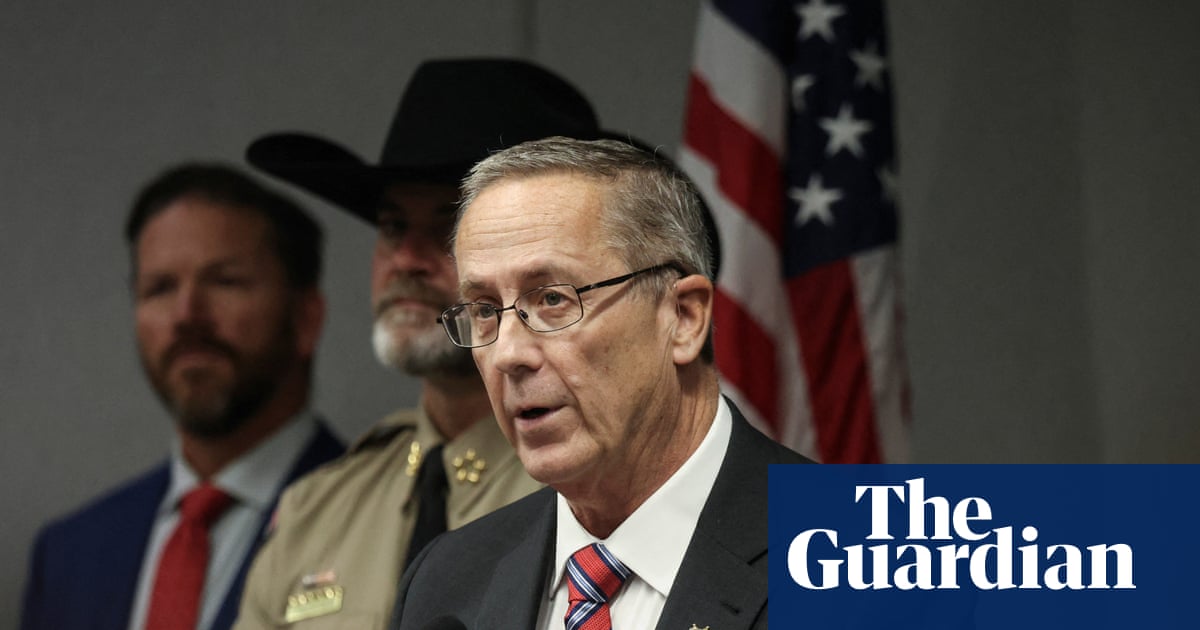Donald Trump’s administration is set to claim planet-heating pollution spewing from US power plants is so globally insignificant it should be spared any sort of climate regulation.
But, in fact, the volume of these emissions is stark – if the US power sector were a country, it would be the sixth largest emitter of greenhouse gases in the world.
Trump’s Environmental Protection Agency (EPA) has reportedly drafted a plan to delete all restrictions on greenhouse gases coming from coal and gas-fired power plants in the US because they “do not contribute significantly to dangerous pollution” and are a tiny and shrinking share of the overall global emissions that are driving the climate crisis.
However, a new analysis shows that the emissions from American fossil-fuel plants are prominent on a global scale, having contributed 5% of all planet-heating pollution since 1990. If it were a country, the US power sector would be the sixth largest emitter in the world, eclipsing the annual emissions from all sources in Japan, Brazil, the United Kingdom and Canada, among other nations.
“That seems rather significant to me,” said Jason Schwartz, co-author of the report from New York University’s Institute for Policy Integrity. “If this administration wants to argue only China has significant emissions they can try to do that, but a court will review that, and under any reasonable interpretation will find that US power plant emissions are significant too.”
Fossil fuel-derived electricity is responsible for the second largest source of emissions in the US, behind transportation. No country in history has caused more carbon pollution than America, and while its power sector’s emissions have declined somewhat in recent years, largely through a market-based decline in heavily-polluting coal, it remains a major driver of the climate crisis.
The cocktail of toxins emitted by power plants have a range of impacts, the NYU analysis points out. A single year of emissions in 2022 will cause 5,300 deaths in the US from air pollution over many decades, along with climate impacts that will result in global damages of $370bn, including $225bn in global health damages and $75bn in lost labor productivity.
“We were surprised when we ran the numbers just how quickly these deaths start tallying up,” said Schwartz. “All of these harms stack up on top of each other. Climate change will be the most important public health issue this century and we can’t just ignore the US power sector’s contribution to that public health crisis.”
The Trump administration, though, is looking to dismantle a plan to curb greenhouse gas emissions from power plants. The move comes as part of a wider deregulatory blitz upon a wide range of rules aimed at protecting clean air and water; on Thursday, the EPA also confirmed a plan to delay the implementation of Clean Air Act protections against methane and other harmful pollutants from fossil fuel production.
Removing these protections will prove not only dangerous, but also costly, said Christopher Frey, who was a science advisor to Joe Biden and led a clean air EPA committee under Barack Obama.
“A ‘do nothing’ policy to rollback greenhouse gas emission standards is not really a policy to do nothing,” said Frey, now an associate dean at North Carolina State University’s college of engineering. “It is a policy to force us to have to do more later to compensate for not taking preventive action sooner. It is a policy to knowingly cause more damage for folks in the not so distant future to contend with.”
The power plant plan has endured a tortuous history, having been first put forward by Barack Obama’s administration, only to be halted by the first Trump administration and also the supreme court. Joe Biden’s administration last year rolled out a more limited version of the plan aimed at satisfying the supreme court’s ruling.
This version is now targeted for repeal by the Trump administration, expected in the coming weeks ahead of a public comment period and further expected legal challenges. Despite pointing to declining power plant emissions in its justification, the Trump administration has simultaneously attempted to increase these emissions by demanding a revival of the coal industry, boosting oil and gas drilling and axing incentives for cleaner energy.
“President Trump promised to kill the clean power plan in his first term, and we continue to build on that progress now,” said Lee Zeldin, administrator of the EPA.
“In reconsidering the Biden-Harris rule that ran afoul of supreme court case law, we are seeking to ensure that the agency follows the rule of law while providing all Americans with access to reliable and affordable energy.”
Trump has long claimed that the US should not engage in international climate talks because its emissions footprint is negligible, noted Judith Enck, who served as an EPA regional administrator under Obama. Meanwhile, his administration has cracked down on states’ ability to regulate emissions, she said.
“Apparently there is no level of governance where we can have these regulations,” Enck said. “It’s a completely illogical argument: There’s not a lot of emissions so don’t worry, but yet it we have to block every attempt to control them at the state, federal, international levels?”
Experts have questioned whether pollution needs to be deemed “significant’ in order to be subjected to the Clean Air Act, which has been used to regulate even proportionally small levels of environmental toxins.
“There is absolutely no legal basis for them to propose a pollutant like CO2 has to meet some sort of significance, they are making this up, this is make-believe law,” said Joseph Goffman, who led the EPA’s office of air and radiation during Biden’s term. “This is a sort of cheat code to try to neutralize any tool they fear might be used to reduce greenhouse gases.”
The climate crisis is a global problem of the shared commons that experts say requires all countries, particularly the largest emitters, to remedy. Goffman said the Trump administration is attempting to reject this basic tenet. “They are trying to write one of the biggest historical emitters in the world a get-out-of-jail-free card,” he said.

.png) 3 months ago
42
3 months ago
42

















































